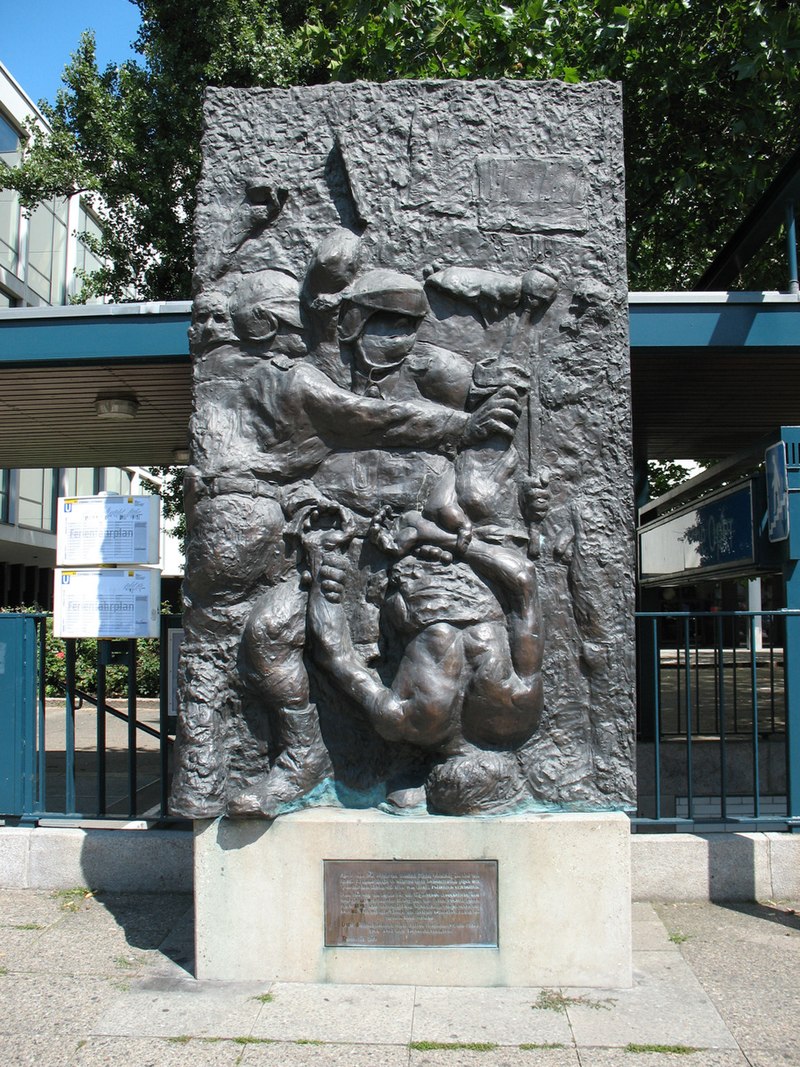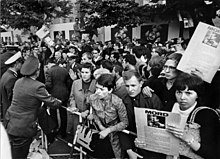A Moment in June
She gave me a red tomato
I ate it instead of throwing it
I said now they’re shooting
But she laughed because she didn’t know
How soft pistol shots are
In a yard
I went along and set a
Newspaper on fire threatened
The people at their windows
Because they were throwing flower pots
Now something has changed
The apartment I thought and
The music in the radio
Later when I saw the picture with
The girl who was holding the head
Of the dead student
I thought you know her
You’ve seen
Her before.
Waking
It is night the stars are coming into the room
The city becoming calm. Taken back
The words
The gestures
The touching
Softly the transitions are accompanied by silent lightning
Ever earlier anaesthesia
Ever more forgetting
Ever closer the dead
River
Never do you escape me. Never do you turn
Away. Magical force of attraction wherever
I go. The dyke the flooded meadows
The fog, the warning calls the hand
That scoops the water as if to finally
See its ground. Always the same
Hanging trees. Cries of the birds, stones
The rotting wood of the ship, corpses
Also the view over to other countries
Church towers burning farms, fields
Restless motor-bike riders. River that through
Me flows syphonable anytime
Drinking water blood-red. Watch out for those
Who seek you
Throw them back onto a soft place
Where there’s sand, grass
River, I come out of you
No one will be able to distinguish us
On our way to the oceans
What is happiness exactly anyway
Yes what exactly
You think about it and can’t work it out
The water is boiling on the stove and the garbage
Is collected every Friday at seven
Yesterday
There was an argument with a woman (of course about nothing). She
Packed her bags, took the pictures from the wall
Even those that didn’t belong to her, for instance
That of Max that evenings
Smells of water.
You’ve got to think in colours
Everyone hears him saying and already there’s a problem
One you can grab and even go
To the woods with
To doze and wander.
Veg out, that’s it!
No longer think of the toxic taste in the
Soup of the stiff gestures
Of your neighbour who’d really love
To put on the uniform again.
Two three stops
Till Café Nitschmann where you can sink
Your thoughts and where you’re allowed to discreetly
Despair a little
And yet continue breathing
Audibly.
Rolf Haufs







